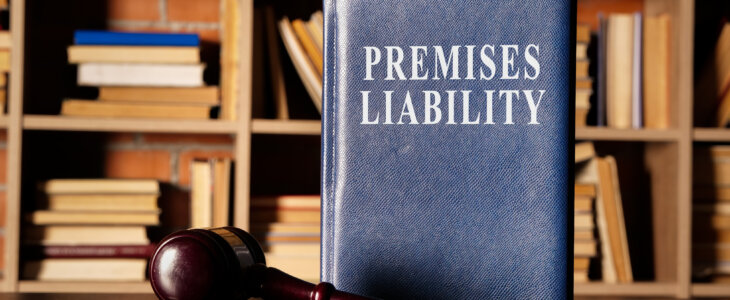If you have been injured on someone else’s property, you understand how overwhelming it can be. Property owners are responsible for keeping their spaces safe; when they fail, the consequences can be serious. Whether you slipped on a wet floor or were injured due to poor security, knowing your rights is important. The Joshua E. Palmer Law Firm can assist you in holding negligent property owners accountable and getting the compensation you deserve.
What is Premises Liability?
Premises liability refers to the legal responsibility of property owners to ensure their premises are safe for visitors. This means they must regularly inspect and maintain their property, fixing any hazardous conditions that could cause harm. If they fail to do so and someone gets injured, the property owner can be held liable. Common examples include slip and falls, inadequate security, and unsafe structures. Essentially, premises liability ensures that property owners uphold their duty of care to prevent accidents and injuries on their premises.
Common Types of Premises Liability Cases
Premises liability cases cover a wide range of situations where a property owner’s negligence leads to injury. Some common types include:
- Slip and Fall Accidents: These occur when someone slips, trips, or falls due to hazards like wet floors, uneven surfaces, or debris.
- Inadequate Security: Property owners must provide adequate security measures to prevent crimes such as assaults and robberies.
- Dog Bites: Owners can be held liable if their dog attacks and injures someone on their property.
- Hazardous Conditions: This includes exposure to toxic substances, faulty electrical wiring, or broken stairs.
- Swimming Pool Accidents: Lack of proper safety measures around pools can lead to drowning or other injuries.
- Retail Store Injuries: Customers can get hurt due to falling merchandise, spills, or unsafe store layouts.
These cases demonstrate the various ways negligence can impact visitors, highlighting the importance of maintaining a safe environment.
Proving Premises Liability
Proving premises liability involves establishing several key elements to demonstrate that the property owner’s negligence resulted in injury. Here’s what needs to be shown:
- Duty of Care: Establish that the property owner had a duty to ensure the safety of the premises.
- Breach of Duty: Show that the property owner failed to uphold this duty, either through action or inaction.
- Causation: Link the breach directly to the injury, proving that the unsafe condition was the direct cause of the accident.
- Damages: Document the injuries and losses suffered as a result of the accident, including medical expenses, lost wages, and pain and suffering.
Successfully proving these elements often requires thorough documentation, witness testimony, and expert analysis to build a compelling case for compensation.
Steps to Take If You’re Injured
If you’re injured on someone else’s property, seek medical attention immediately to ensure your safety and document your injuries. Report the incident to the property owner or manager and document the scene with photos and witness information. Keep records of all related medical treatments and expenses, and contact an experienced personal injury attorney to discuss your legal options.
How We Can Help
At the Joshua E. Palmer Law Firm, we are dedicated to helping you secure the justice and compensation you deserve. Our experienced team handles premises liability cases with a personalized approach, ensuring we understand every detail of your situation. We investigate the circumstances, gather evidence, and build a strong case to hold negligent property owners accountable. With our compassionate support and aggressive representation, you can focus on your recovery while we fight for your rights. Let us help you navigate the legal process and achieve the best possible outcome for your case.
Contact an Experienced Georgia Premises Liability Attorney
The Joshua E. Palmer Law Firm offers professional legal representation to help you secure fair compensation for your injuries. Don’t navigate this process alone—contact us today for a free consultation, and let us fight for your rights.


